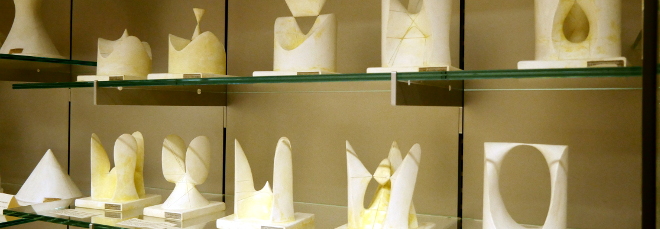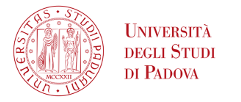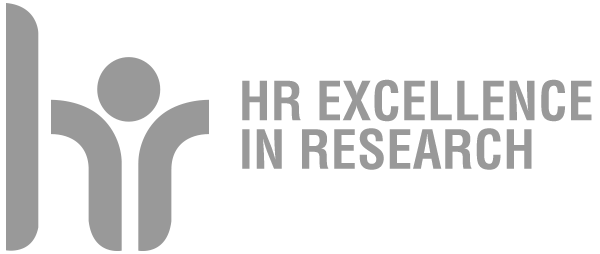
Seminar series “Model Categories”
24 November 2023 - 17 January 2024 - Room 2AB40
Format
The seminar will take place once a week, in Torre Archimede, Room 2AB40. Each talk will last approximately 45 + 45 minutes, with a 10 minutes break in between.
Calendar
- Friday 24 November 2023 h. 15:30 – Jorge Vitória – “Model categories, with examples”
- Wednesday 29 November 2023 h. 15:00 – Sergio Pavon – “Cotorsion pairs for module categories and Grothendieck categories with enough projectives”
- Wednesday 6 December 2023 h. 14:30 – Anastasios Slaftsos – “Connection between abelian model categories and cotorsion pairs”
- Monday 18 December 2023 h. 15:00 – Enrico Sabatini – “Exact categories, Frobenius exact categories and their stable category”
- Wednesday 10 January 2024 h. 15:00 – TBD – “Homotopy categories of (stable) model categories; they are triangulated”
- Wednesday 17 January 2024 h. 15:00 – Diego Barceló – “Cotorsion pairs in Frobenius exact categories and torsion pairs in their stable categories”
Abstract
The notion of triangulated category was introduced by Puppe and Verdier to axiomatise the structure of the homotopy and the derived category. It is, however, often the case that the language of triangulated categories is insufficient to allow certain fundamental constructions (such as that of derived functors) which are available in many concrete applications. Fortunately, most triangulated categories under consideration are obtained as a ‘localisation’ of an abelian (or exact) category with good properties with respect to a certain class of morphisms, which become invertible. This allows one to make appropriate choices of representatives for the objects of the triangulated category, and use these, for example, to define derived functors.
Model categories provide a language that allows the axiomatisation of the setting described above. They consist of a category (which we will often consider to be abelian or exact), together with a model structure whose purpose is to identify the morphisms to be made invertible when localising, and the ‘good choices’ of representatives for the objects of the localisation. Under certain assumptions, this localisation, which is the homotopy category of the model category, has a triangulated structure naturally induced by the model category.
The goal of this seminar series is to familiarise ourselves with language of model categories and how to use them to study triangulated categories. One of the points of view on it that we will adopt is through the lens of cotorsion pairs. This is a concept introduced by Salce, whose connections with model categories was established by Hovey and Gillespie. This approach gives us another angle on model categories, more focused on objects than on morphisms.
This series of seminars will provide some useful background for the mini-course on “Q-shaped derived categories” which will be held by Henrik Holm in the week between January 29 and February 2, 2024, at our department.




